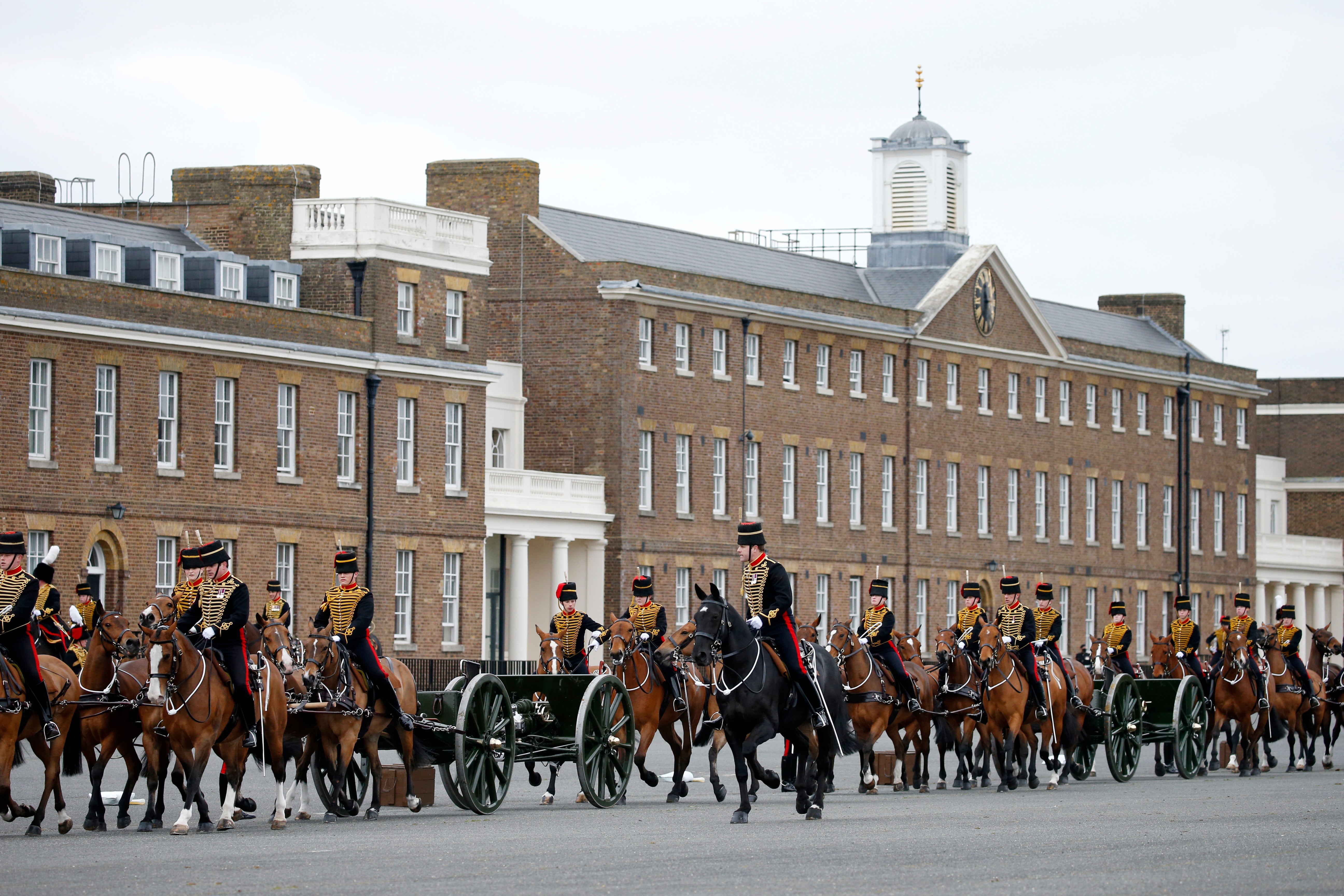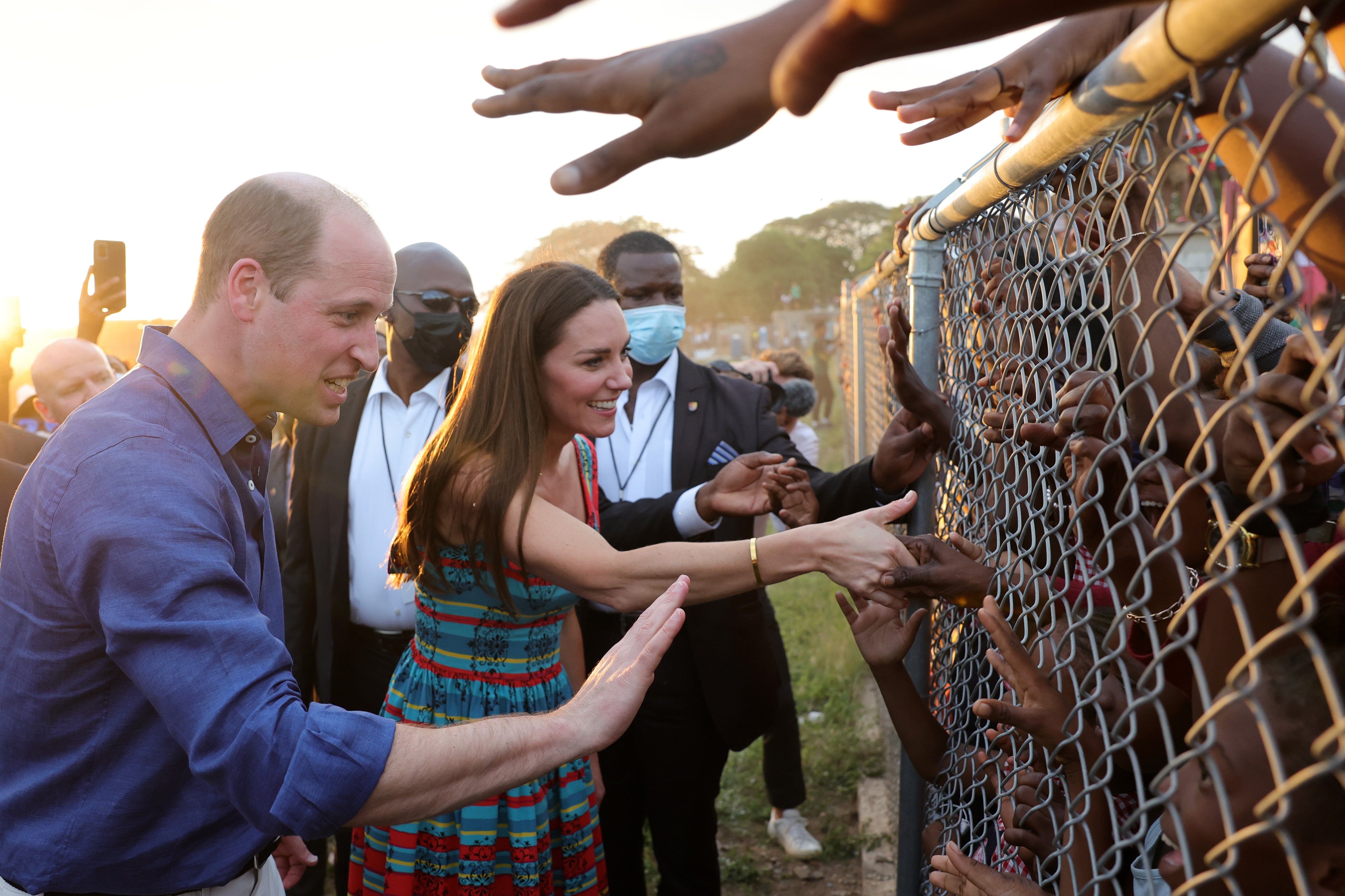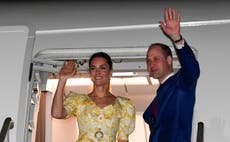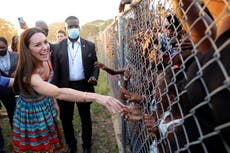It might be too late to revitalise the commonwealth
There are discussions about building a new commonwealth ‘quarter’ in southeast London but I’d guess it will never happen, writes Chris Blackhurst


A few weeks ago, a very discreet lunch took place in Whitehall. Present were a former prime minister and assorted dignitaries.
The topic for discussion was turning the old Woolwich Barracks, in southeast London, into a new “Royal Greenwich Commonwealth Quarter”, with a permanent Expo-type exhibition, hotel, museum, cultural centre and regional pavilions.
The idea was that the development should replace the Commonwealth Cultural Institute on High Street Kensington and the Royal Commonwealth Society Club on Northumberland Avenue, both now closed. The new “quarter” would become a focal point for trade with the commonwealth and a showcase for the cultures of the 5 million-plus British citizens in the commonwealth diaspora.
There was a subtext, which was that Britain ought to be doing more to use the historic body of nations to its advantage, post-Brexit. The strong feeling, said one of those present, was that the commonwealth was a gift that was being ignored. After exiting the EU we’re in need of free trade partners, and in the commonwealth, and its 54 country members and population of 2.5 billion people, there is an ideal business opportunity going begging.
Turning the grand buildings of the former barracks into a commonwealth centre would indicate our seriousness about establishing stronger trading links with a body that is four times bigger than the EU. Greenwich council was fully supportive of the plan, the lunch guests were assured. The borough saw the proposal as complementing its existing National Maritime Museum, Cutty Sark, Royal Observatory and the O2.
The Ministry of Defence owns the site, which is close to the soon-to-open Woolwich Crossrail station. It will come up for sale in a few years. All well and good, seemingly. Except it is not that clear cut.

Within government, there is disagreement about the scheme. The diners were told the Treasury would like to exact the best price, which would inevitably mean selling to a property developer for housing. Given its sprawling size, there would be scope for numerous social homes, so that made it doubly appealing.
In the Foreign Office, meanwhile, there is a faction that questions the value of the commonwealth, finds it an embarrassing leftover from the British empire, and would rather it shut down completely.
There will be those who maintain it’s not over, that the commonwealth can be revitalised, the Woolwich conversion can still go ahead, that free trade agreements galore beckon
Then there are those who say that post-EU Britain needs all the help it can get, that free trade deals are difficult to come by, and that, in the commonwealth, we have a vehicle ready made for commercial capitalisation. A “sleeping giant which could be reawakened to help revitalise post-Covid free trade around the globe” was how it was described over the lunch.
The commonwealth’s members are anglophone, they’re used to looking to the UK, they’ve got a high regard for Queen Elizabeth II, and they share educational, cultural and legal values and bonds. To not seize this open goal was crazy.
Momentum was gathering behind the Woolwich plan. Investors in commonwealth countries had been approached and had indicated their support. Funding would also come from the commonwealth countries, trade fairs and visitor tickets. Given the Queen’s lifelong devotion to the modern commonwealth, it was all looking fair for an announcement in June, during the platinum jubilee celebrations, of this “royal legacy” project.
Then came William and Kate’s disastrous tour of the Caribbean. Until the royal couple embarked on their visit, the way the notion of the new, prestigious premises and closer trading links was being sold to the commonwealth members was to think, as was said at the lunch, “beyond empire” – that here was an association of nations with long-standing ties and friendships, and surely it made sense in this increasingly competitive international marketplace for them do more business together?
Against this backdrop, the note struck by the visit could not have been more wrong. It acted as a forceful reminder of what was wrong with the old empire, of slavery and cruel exploitation. Everything about it jarred.

It showed, too, that attempting to pretend the shameful past never occurred, and that here is this fresh, unhindered organisation we can use to our mutual benefit, is fanciful. The scars run deep.
Too late, Prince William attempted to resurrect something from the ashes. He issued a statement acknowledging that the week-long tour had brought into “sharper focus questions about the past and the future”.
He and Kate were “committed to service”. Added William: “For us, that’s not telling people what to do. It is about serving and supporting them in whatever way they think best, by using the platform we are lucky to have.”
After insisting tours like the one they had just finished “reaffirm our desire to serve the people of the commonwealth and to listen to communities around the world”, he wrote: “Who the commonwealth chooses to lead its family in the future isn’t what is on my mind. What matters to us is the potential the commonwealth family has to create a better future for the people who form it, and our commitment to serve and support as best we can.”
There will be those who maintain it’s not over, that the commonwealth can be revitalised, the Woolwich conversion can still go ahead, that free trade agreements galore beckon. Perhaps that explains the desperate nature of William’s statement – that he realised just how much was at stake – and the reference to the commonwealth family’s potential.
My guess is that the Treasury will now prevail, and the “Royal Greenwich Commonwealth Quarter” will not come to fruition. It was a good lunch wasted.




Join our commenting forum
Join thought-provoking conversations, follow other Independent readers and see their replies
Comments